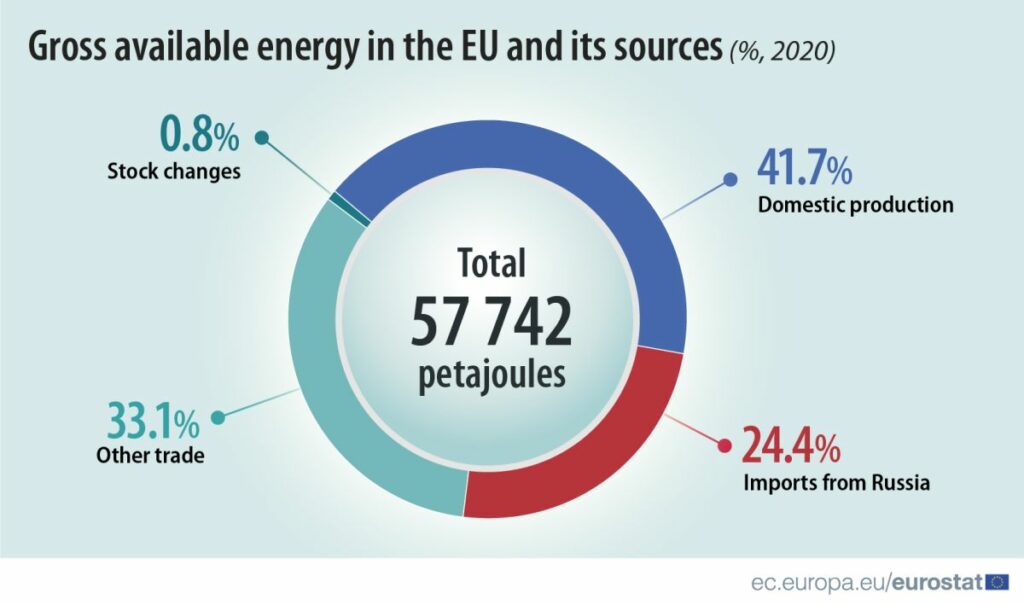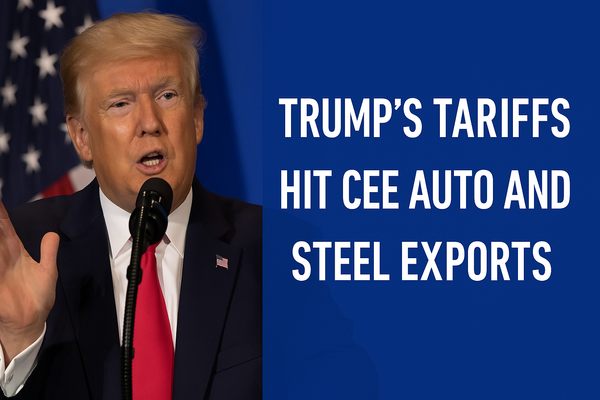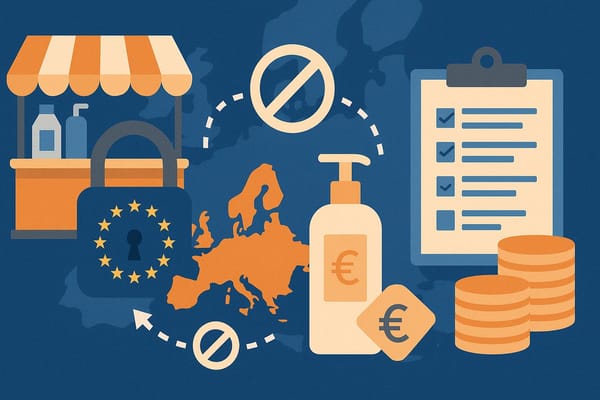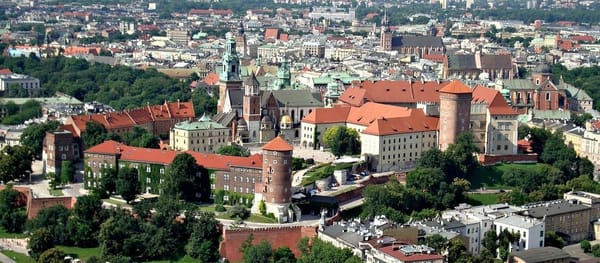
Romania least reliant on gas imports in EU - analysis
Europe remains heavily reliant on energy imports even after recent crises, as dependence on Russia has been replaced by that on other countries, according to an Intelligent Energy Association (AEI) analysis, based on data from the EU’s official statistics agency Eurostat.
Romania is the country least dependent on imported gas. Our country is the least dependent on imported gas and the second least dependent on the import of petroleum products, according to the AEI study.
AEI president, Dumitru Chisalita said “Dependence on energy imports in Europe has not undergone significant change in recent years, with Europe remaining heavily dependent on energy imports.
“This analysis of Eurostat data shows recent measures did not significantly change the energy security level of Europe, replacing dependence on Russia with dependence on other countries. It can be seen that the dependence on energy imports from Russia has decreased three times, but it has not been completely eliminated,” he added.
Dependence on gas imports has increased in recent years, even as the dependence on gas imports from Russia has shrunk to a third.
“In the last five years the quantities of gas imported through pipelines from Russia have decreased sharply, by four times, but gas imports from Russia through the liquid natural gas (LNG) infrastructure have tripled, while non-Russian LNG gas imports doubled. Also notable is an increase in gas imported from outside Russia through pipelines,” Chisalita said.
The only reduction in dependence on imports is for petroleum products, where Europe’s dependence on imports decreased by about 8%, according to Chisalita.
This was achieved against the background of the increase in the obligation to introduce biofuels in classic fuels, and due to hybrid and electric cars. It is also the sector where we have the largest reduction in dependence on an energy product from Russia, practically by six times.
Dependence on imported coal in the EU rose in 2021 and 2022, with the restart of some coal-fired power plants as a result of the gas crisis, but later returned to 2019 levels. The smallest decrease in dependence on imports from Russia is at the coal level, decreasing by only 6%.
“Analysing the dependence of different countries on energy imports, Romania is the country least dependent on imported gas and the second least dependent on the import of petroleum products,” he said.

The EU energy mix in 2020 consisted of 34.5% of oil and petroleum products, 23.7% of natural gas, 17.4% of renewables, 12.7% of nuclear energy and 10.5% of solid fossil fuels.
The bloc imported 57.5% of the energy it consumed as its own production and stock changes satisfied only 42.5% of its needs, in 2020, and brought in 57.5% of the energy it consumed as its own product.




